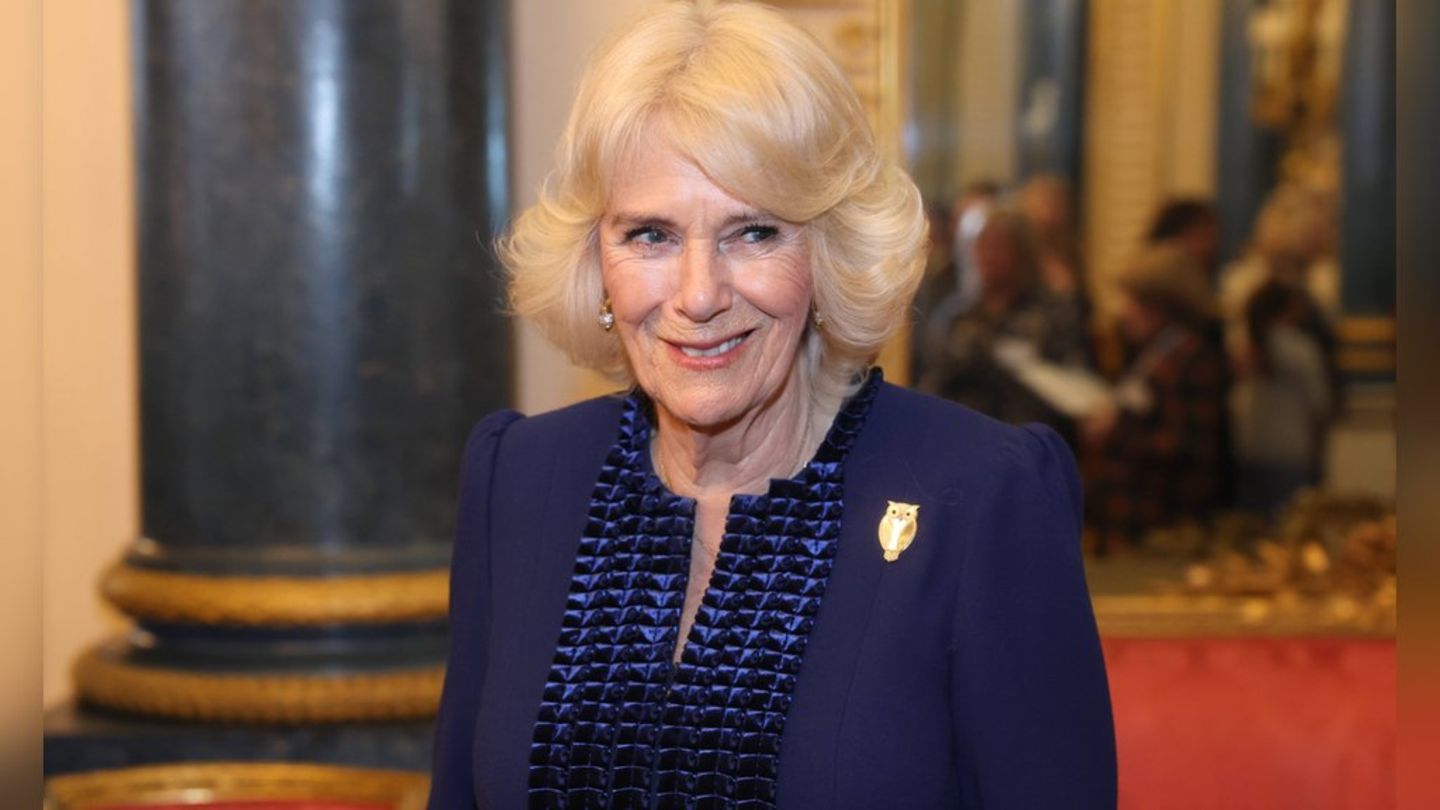Finance Minister Lindner already knows that he has to improve his budget for the current year. The Ukraine war can still be expensive. However, he does not want to shake a project for 2023.
The federal government has launched the first regular budget of the traffic light government made up of SPD, Greens and FDP. How much new debt will really have to be taken on this year remains to be seen.
Finance Minister Christian Lindner (FDP) wants to wait and see how the war in Ukraine will continue to affect Germany. Then the budget should get an update with possible additional help for citizens and the economy.
Actually, the 2022 budget would have been a “step towards normalizing budgetary policy after the pandemic budgets” with fewer new debts, said the finance minister in Berlin. But the war in Ukraine fundamentally changed the situation. “Now we have to assume that additional expenses will come our way.” How high these are exactly and how the citizens should be relieved when filling up, for example, is still open.
The federal government plans with these key data – until a so-called supplementary budget is introduced in the Bundestag:
New debt: 99.7 billion euros in new debt is to be taken on in the core budget. Lindner’s predecessor, the current Chancellor Olaf Scholz (SPD), had already planned this volume. The head of the FDP assured that this sum would not be exceeded despite additional burdens from Corona and the Ukraine war. However, the planned update could include humanitarian aid abroad, expenses for refugees in Germany, aid for the economy and relief for citizens.
Defense: In view of the war, the Federal Government is placing a new emphasis on the Bundeswehr. The regular defense budget rises to 50.3 billion euros – higher than planned by the previous government. Added to this is the special fund of over 100 billion invested over several years. With direct debits from this special fund, Germany will meet NATO’s two percent target, said Lindner. What the money will be spent on is still a matter of debate.
Defense Minister Christine Lambrecht (SPD) announced that she wanted to turn the Bundeswehr into a “highly modern army”. “My goal is a fully equipped Bundeswehr that reliably protects us and our alliance partners; an army that makes Germany a strong military cooperation partner in Europe – and thus a European force booster in NATO and the EU.»
Energy transition: The budget sums up the projects from the coalition agreement in figures – one focus is therefore on climate protection and the energy transition. The budget of Economics Minister Robert Habeck (Greens) is increased. Around 200 billion are to be spent from the climate and transformation fund by 2026. The ministry cites the reform of building renovation and the environmental bonus to promote electromobility as major factors. The Ukraine war is also having an impact. 1.5 billion are earmarked for a gas reserve. Habeck: “The Russian war of aggression in Ukraine has made it more than clear that we must become independent of Russian energy imports.”
Relief: The coalition had already put together a first package before the war because energy prices were already skyrocketing. Tax breaks such as a higher flat rate for long-distance commuters and a higher income-related flat rate are financed in the budget. A big chunk is also the abolition of the EEG surcharge from the electricity bill from the middle of the year. There are also heating cost subsidies and one-off payments for those in particular need.
However, Linder and his coalition partners have already made it clear that this will not be enough. Despite criticism, the FDP boss is sticking to the proposal for a fuel subsidy. He does not consider the energy money demanded by the Greens to be appropriate. It is part of the long-term climate strategy, but cannot be used in the short term. Lindner defended his stance of not only relieving the needy, but everyone – regardless of income. It is also about doing something about the “perceived inflation in wallets”.
The last pandemic budget?: The finance minister assumes that the 2022 budget will be the last budget to be significantly influenced by the corona pandemic. In fact, it includes a lot of pandemic-related expenses, around 10 billion euros for company aid, a special fund for cultural events of over 1.9 billion, vaccine procurement for 4.3 billion. In addition, there are high costs for stabilizing the statutory health insurance, compensation payments for hospitals and the bonus for nursing staff in hospitals and geriatric care.
2023 and the future of the debt brake: For the coming year, Lindner is again planning to comply with the credit limit in the Basic Law. That means no “black zero” – he wants to take out 7.5 billion euros in loans. This small sum allows the debt brake in the Basic Law. The rule could be suspended because of the Corona crisis. In 2023, however, she would have to attack regularly again, said Lindner. “This is an order of our constitution to the legislature.” The Green Housekeeper Sven-Christian Kindler, on the other hand, says: “I think it is quite possible that we will have to pull the emergency rule of the debt brake again for 2023.”
The opposition: The Union considers the budget to be embellished. «These figures are ultimately just pure marketing. They’re not worth the paper they’re written on,” said housekeeper Christian Haase. Lindner is lagging behind the development if he has to announce an improvement now. In any case, the draft does not reflect the current concerns and needs of the people. “It’s time for the government to set the right priorities and not give the impression that everything can be financed,” said Haase.
Source: Stern
David William is a talented author who has made a name for himself in the world of writing. He is a professional author who writes on a wide range of topics, from general interest to opinion news. David is currently working as a writer at 24 hours worlds where he brings his unique perspective and in-depth research to his articles, making them both informative and engaging.




